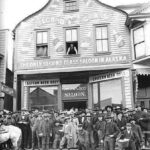
Together with his wife, Josephine, Earp owned the Second Class Saloon from 1887 to 1901. This establishment was one of many businesses in the bustling gold rush town, catering to the miners, prospectors, and adventurers who flooded into the region during the Gold Rush era. Earp’s saloon became a central gathering place in Nome, serving as both a social hub and a symbol of the changing frontier.
While Earp’s earlier years were marked by his law enforcement roles in Tombstone and Dodge City, his time in Nome was characterized by a shift in focus, away from gunfights and lawmen duties. During their time in Alaska, Earp and Josephine not only ran the saloon but also became involved in real estate and mining ventures. Despite the absence of the dramatic events that defined his earlier life, the Earps found success and stability in Nome, where the rapidly expanding town offered new opportunities in a thriving, yet rugged, environment.
The Earps eventually left Nome in the early 1900s, but their time there remains a significant part of Wyatt Earp’s legacy. Though overshadowed by his more well-known adventures in the American Southwest, the Second Class Saloon represents a different side of Earp’s multifaceted life. It is a reminder of the broader American frontier experience, with its mix of ambition, uncertainty, and transformation, and it reflects the changing roles and reinventions of frontier figures during the late 19th and early 20th centuries.
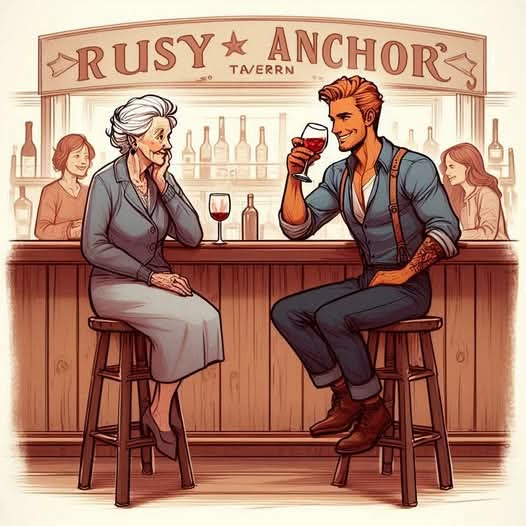

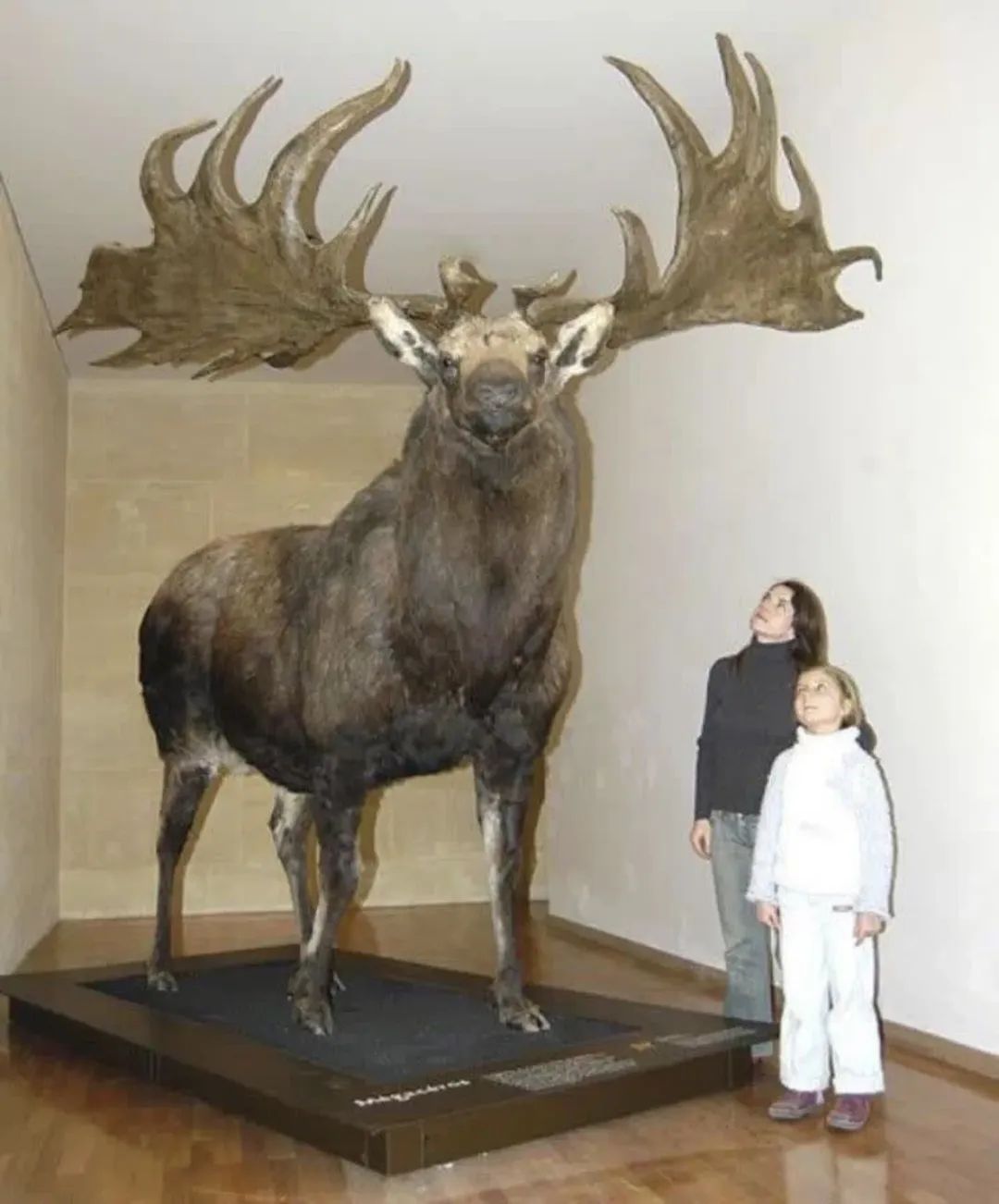
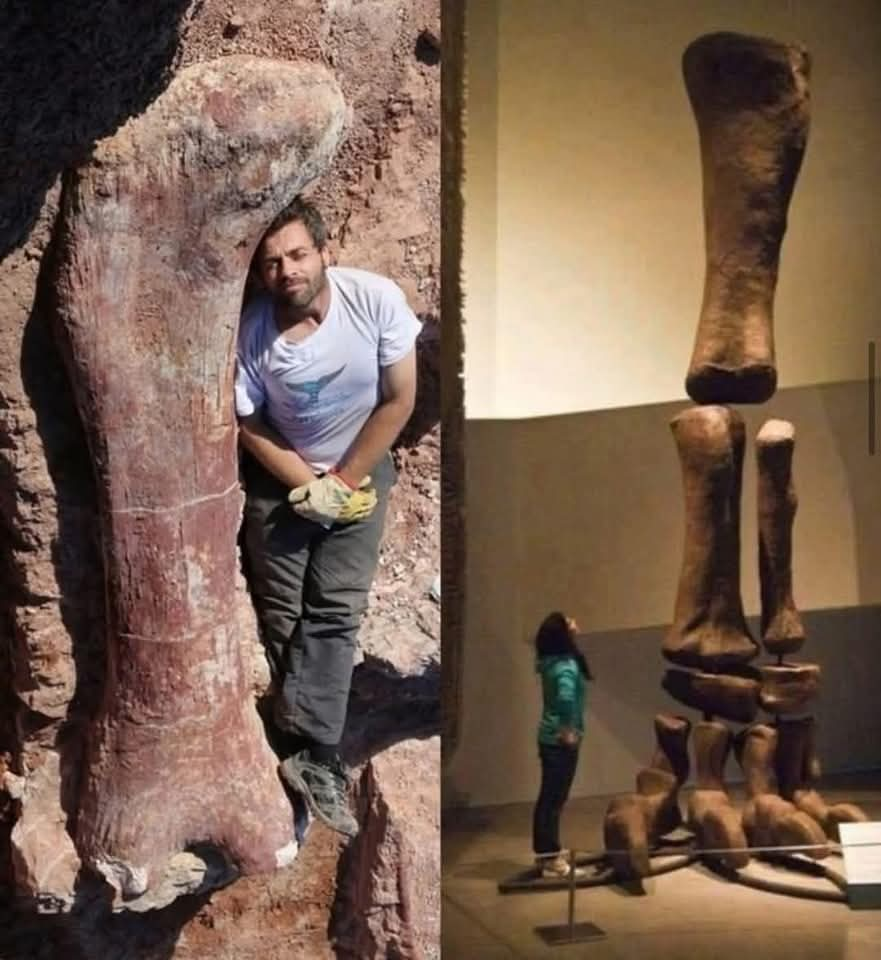



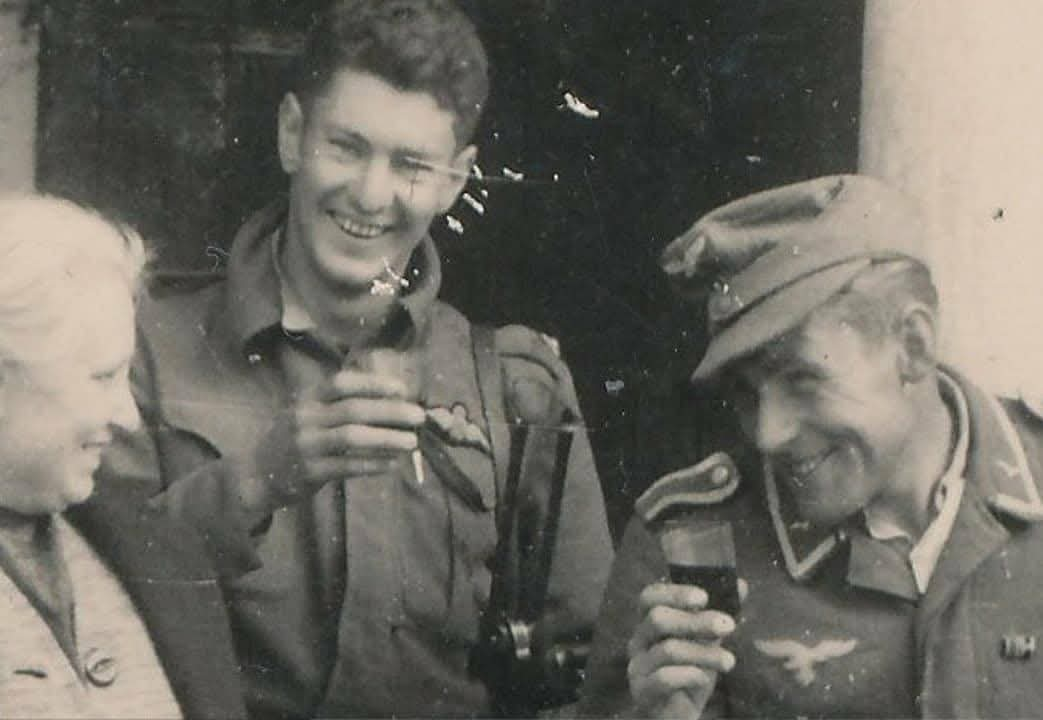


Leave a Reply